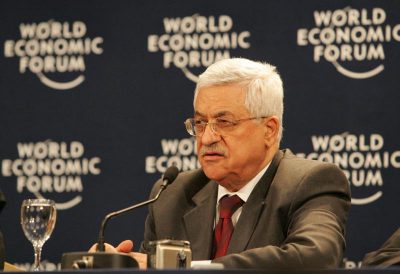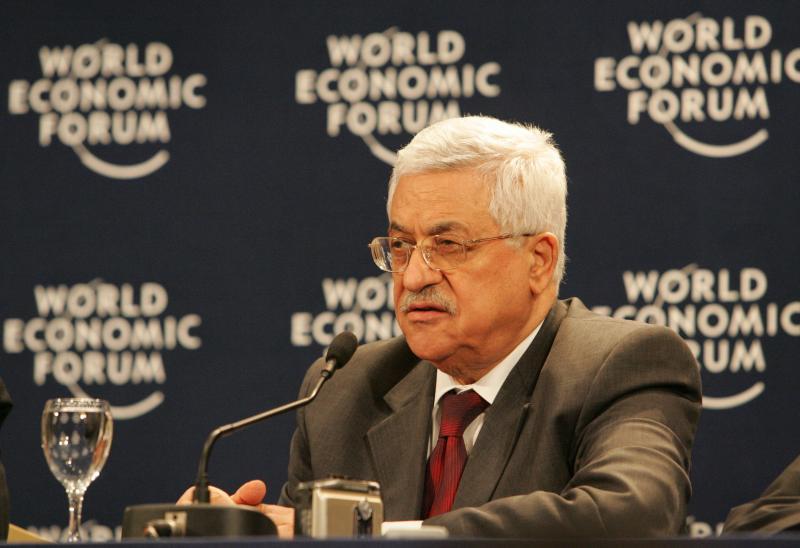 Like a sand dune that shifts with the desert winds, the Arab revolution continues to cover new ground with each passing week. The protestors have a strong desire to change the status quo and push for greater freedom. But there is also a worrisome side. Images of Mubarak and Gaddafi are sometimes defaced with Stars of David. Under the surface of the Arab Street’s dislike of its authoritarian leaders is its dislike of the Zionist state.
Like a sand dune that shifts with the desert winds, the Arab revolution continues to cover new ground with each passing week. The protestors have a strong desire to change the status quo and push for greater freedom. But there is also a worrisome side. Images of Mubarak and Gaddafi are sometimes defaced with Stars of David. Under the surface of the Arab Street’s dislike of its authoritarian leaders is its dislike of the Zionist state.
Israel has reacted to these events in its vicinity with a very understandable fear. Crisis creates crisis. But it also creates opportunity. Israel can sit passively by and let the events within its neighbor’s borders define and dictate the reality that it will face, or it can seize the moment and be part of the change. By so doing, it can create a better reality for itself, and the region. One raison d’etre of the establishment of the Jewish state, after all, was the reemergence of Jews as active participants in their history rather than passive recipients.
The harsh reality is that the three major movements toward peace in the Middle East all emerged only after a violent break in the geopolitical status quo.
The first was the Egyptian-Israeli Peace Treaty of 1979, the second was the Oslo Accords of 1993, and the third was the Jordanian-Israel Peace Treaty a year later in 1994. In 1973 Sadat felt forced to launch the October War after Israel rejected his overtures to peace. He knew that the only way to get Israel to the negotiating table was to cross the Suez Canal and regain a small amount of territory Egypt lost in the Six-Day War of 1967. As Sadat said, “The time has come for a shock.” The war led to a re-engagement by the United States in the region with Kissinger’s shuttle diplomacy culminating in two disengagement accords between Israel and Egypt in 1974 and 1975, followed by Sadat’s historic visit to Israel in 1977, and the signing of the peace treaty in 1978.
The convening of the Madrid Peace Conference at the end of 1991 only took place as a result of the regional realities shattered by the First Gulf War earlier that year. The Conference led to the secret negotiations between the Israelis and Palestinians in Oslo, the signing of the Oslo Accords two years later in 1993, and the concluding of the Jordanian-Israeli Peace Treaty of 1994.
If history is any indication, nothing will happen to move the Israelis and Palestinians closer to peace until there is a major shakeup in the region. The dramatic fall of Mubarak in Egypt and of Ben Ali in Tunisia, along with spreading unrest in Libya, Yemen, Jordan, Iran, Oman, and Bahrain may be that very shakeup.
New governments will begin to emerge in the Middle East in response to the mobilization of the Arab street. The new governments that emerge will be very aware of the strong pro-Palestinian sentiment among Arab protestors. On that issue, as well as others, they will need to show that they have street credibility. But without an agreement between Israel and the Palestinians, the peace between Israel and the future Egyptian government will go from cold to frozen, and in Jordan the anti-normalization movement against Israel will only become stronger.
For that reason, Israel needs to seize the moment and actively engage the Palestinians in working toward an agreement. According to recently released WikiLeaks documents, negotiators on both sides showed flexibility, creativity, and considerable realism. It also confirmed that a general consensus has been hammered out within the rubric of the Taba Summit, the Clinton Parameters, the Arab Peace Initiative, the Road Map, and the Geneva Accords.
As the new Middle Eastern governments begin to assess their relations with Israel throughout this year, it’s in Israel’s best interest to act preemptively by completing an agreement with the Palestinians. This does not mitigate the responsibility that those new governments will have in addressing anti-Semitism within the Arab world. But the Israeli leadership must realize that for that to be done the Israelis and Palestinians need to reach an agreement.
Mahmoud Abbas, the president of the Palestinian Authority, is not reluctant to enter into serious negotiations with Israel. He demonstrated his resolve earlier in negotiations with Israeli leader Ehud Olmert. But Abbas will not enter into negotiations unless current Israeli Prime Minister Benjamin Netanyahu clearly indicates that negotiations will pick up close to where they left off with Olmert.
That time for that indication from Israel is now.
